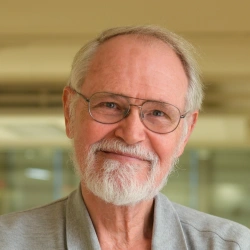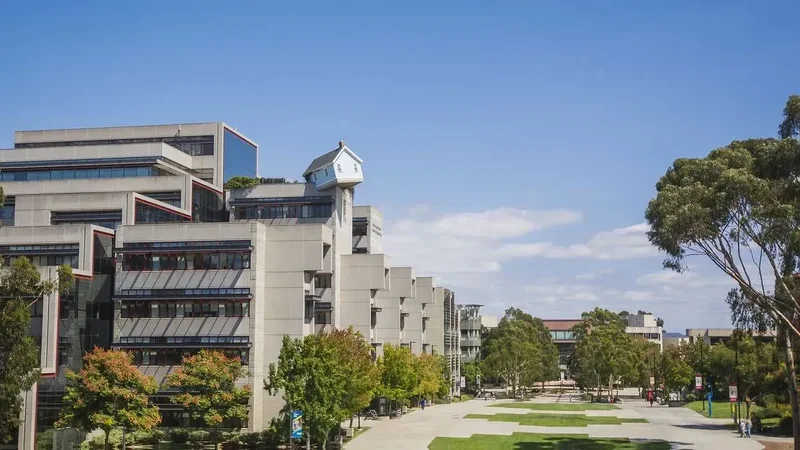
Arvind Narayanan

Janet Vertesi

Prateek Mittal

Kevin Deas







The University of California, San Diego (UC San Diego or colloquially, UCSD) is a public land-grant research university in San Diego, California. Established in 1960 near the pre-existing Scripps Institution of Oceanography, UC San Diego is the southernmost of the ten campuses of the University of California, and offers over 200 undergraduate and graduate degree programs, enrolling 33,096 undergraduate and 9,872 graduate students. UC San Diego is considered to be among the best universities in the world. Several publications have ranked UC San Diego's biological sciences and Computer Science departments to be among the top 10 in the world. The university occupies 2,178 acres (881 ha) near the coast of the Pacific Ocean, with the main campus resting on approximately 1,152 acres (466 ha).

The Department of Physics at the University of California-San Diego in La Jolla, California, stands as a distinguished center for scientific exploration, established as a founding department in 1960. Nationally recognized for its cutting-edge research spanning astrophysics, condensed matter, biological physics, and more, the department cultivates a vibrant, collaborative environment. Renowned faculty, including Nobel laureates, lead comprehensive undergraduate and graduate programs, offering BS, BA, and PhD degrees that provide a robust foundation in fundamental principles. Students benefit from access to state-of-the-art facilities and engage in pioneering research, preparing them for diverse careers or further academic pursuits. UC San Diego Physics is dedicated to pushing the boundaries of knowledge and unraveling the universe's fundamental mysteries.
View Physics